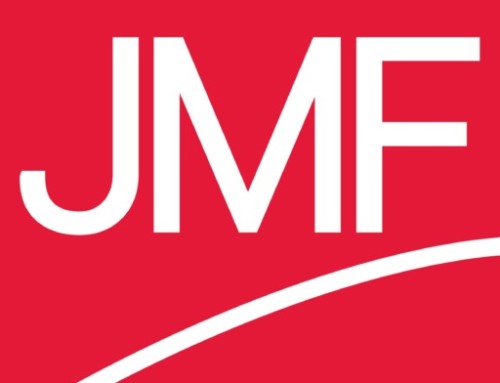A new Notice issued by the IRS (Notice 2018-76) gives businesses a tax reprieve from a crackdown in the Tax Cuts and Jobs Act (TCJA). Under the Notice, your company can deduct meal expenses incurred in connection with entertainment activities as long as the food and beverage costs are stated separately.
Background: Prior to the TCJA, a business could deduct 50% of the cost of entertainment expenses, including meals, that were “directly related to” or “associated with” the business. For instance, entertainment is directly related to the business if it takes place in a clear business setting, like a hospitality suite at a convention. Associated-with entertainment includes meals that directly follow or precede a substantial business discussion, like a contract negotiation.
The tax law also imposed strict substantiation requirements for these expenses. In addition, deductions were denied for expenses that are “lavish or extravagant” under the circumstances.
New law change: Beginning in 2018, the 50% deduction for entertainment expenses is repealed. Initially, some tax experts thought that this repeal extended to meals incurred in connection with entertainment activities. But the new Notice clarifies that a business may still deduct 50% of the cost of meals if the following conditions are met:
- The expense is an “ordinary and necessary” business expense that is paid or incurred by the business during the tax year.
- The expense is not lavish or extravagant under the circumstances.
- The business taxpayer, or an employee of the taxpayer, is present when the food or beverages are furnished.
- The food and beverages are provided to a current or potential business customer, client, consultant or similar business contact.
- Any food and beverages provided during or at an entertainment activity are purchased separately from the entertainment or the cost of the food and beverages is stated separately on one or more bills, invoices or receipts.
Note that the IRS expressly states that you cannot circumvent the new rules for entertainment expenses by inflating the amounts charged for food and beverages. The IRS also provides three examples of situations where taxpayers attend games with business contacts.
Example 1: A business owner takes client to a baseball game and buys hot dogs and drinks for the two of them. Result: The tickets are nondeductible entertainment, but the owner can deduct 50% of the cost of the hot dogs and drinks purchased separately.
Example 2: A business owner takes a client to a basketball game in a luxury suite. Access to food and beverages in the suite is included in the cost of the tickets. Result: Both the cost of the tickets and the food and beverages are nondeductible entertainment.
Example 3: Same facts as in Example 2, except that the cost of the food and beverages is stated separately in the invoice. Result: The tickets are nondeductible entertainment, but the owner can deduct 50% of the cost of the food and beverages.
Final point: The IRS expects to issue proposed regulations on this issue soon. Taxpayers can rely on Notice 2018-76 until the regulations are published.







Leave A Comment
You must be logged in to post a comment.